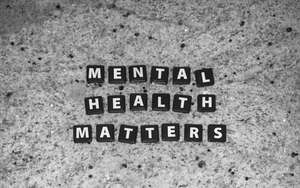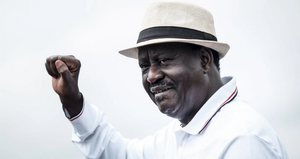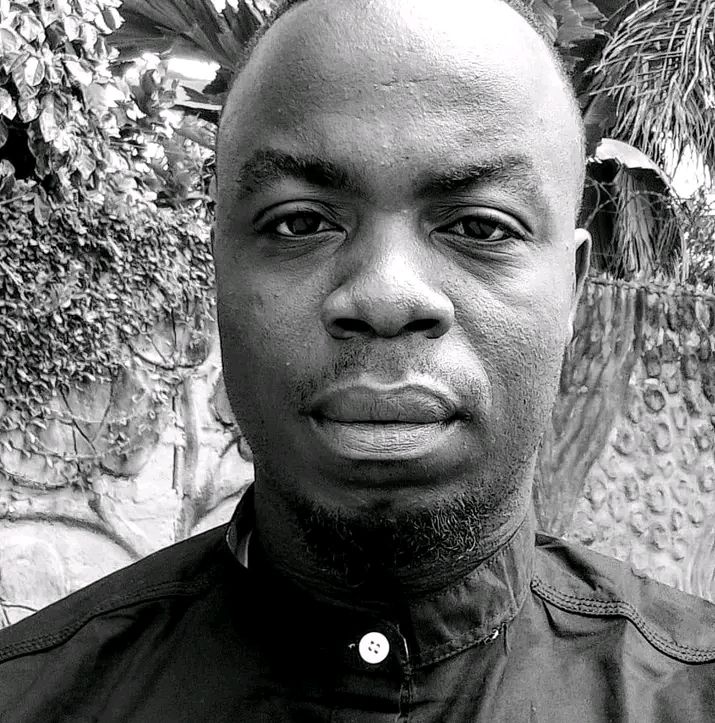
How Can We Talk About Mental Health When the Air is Thick with Fear?
Reading Time: 2min
Let’s talk about mental health. It’s a conversation that’s finally getting the attention it deserves worldwide. Recently, our government has even signaled a willingness to institute talks on public mental health reforms. On the surface, this is a good thing. However, I have to ask a difficult question: How can we seriously engage in this dialogue when the very environment we live in is being poisoned by fear and violence?
The evidence of this toxic environment isn't hidden. We all saw what happened during the last election. We witnessed the malpractices that made a mockery of our democratic rights. More chillingly, we saw the aftermath. We saw citizens, demonstrators, killed by police for daring to raise their voices. We have heard the reports of abductions and the gross abuse of human rights targeted at critics and opposition members.
These are not just political issues; they are deep, festering wounds on our collective psyche.
Consider what the experts tell us is foundational for good mental health: a sense of safety, trust in your community, and the freedom to express yourself without fear. Now, look at our reality. When the state itself becomes a source of violence and intimidation, it shatters that foundation completely. The constant, low-grade anxiety of “Will I be targeted next?” or the trauma of witnessing violence against fellow citizens are not issues that can be solved with a therapy session alone. They are caused by the system.
This represents a great contradiction. A government that actively creates an atmosphere of trauma and fear cannot credibly lead a conversation on healing from it. It is like an arsonist offering to help put out the fire they started. The very act of repression, including live ammunition, abductions, and the silencing of dissent, constitutes a massive attack on our public mental health. You cannot mend a broken arm while you are still actively punching the person.
True mental health reform requires more than just clinics and counselors. It requires a society where people feel safe, heard, and valued. It requires a government that builds trust, not one that breaks it with brutality. It requires justice for those who have been harmed and a genuine commitment to human rights.
So, when I see the same authorities that preside over this system of abuse propose talks on mental health, I perceive a hollow performance. It feels less like a genuine desire to help and more like a box-ticking exercise, a way to appear progressive on the international stage while ignoring the rot at home.
Before we can even begin to talk about mental health reforms, we need a fundamental change. We need a government that is ready to stop being the source of the problem. We need it to end the violence, uphold human rights, and restore our trust. Until that day comes, any discussion about public mental health will be just that: talk. Talk, without action and integrity, is just noise that drowns out the sound of our real suffering.
















